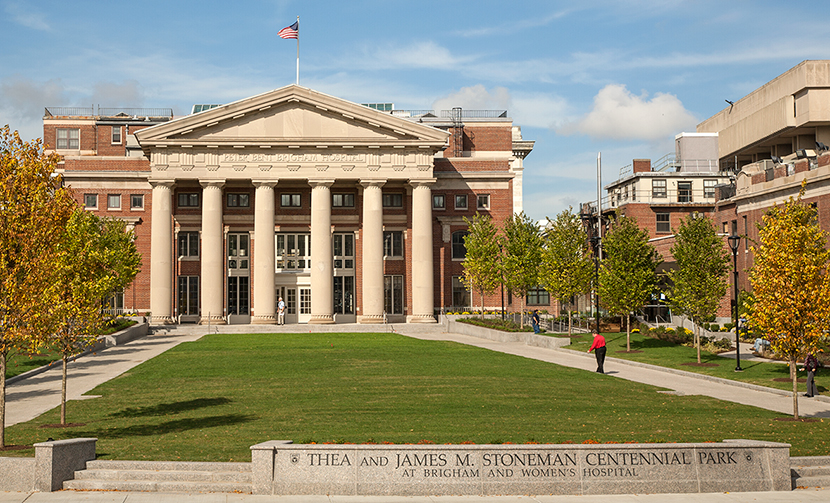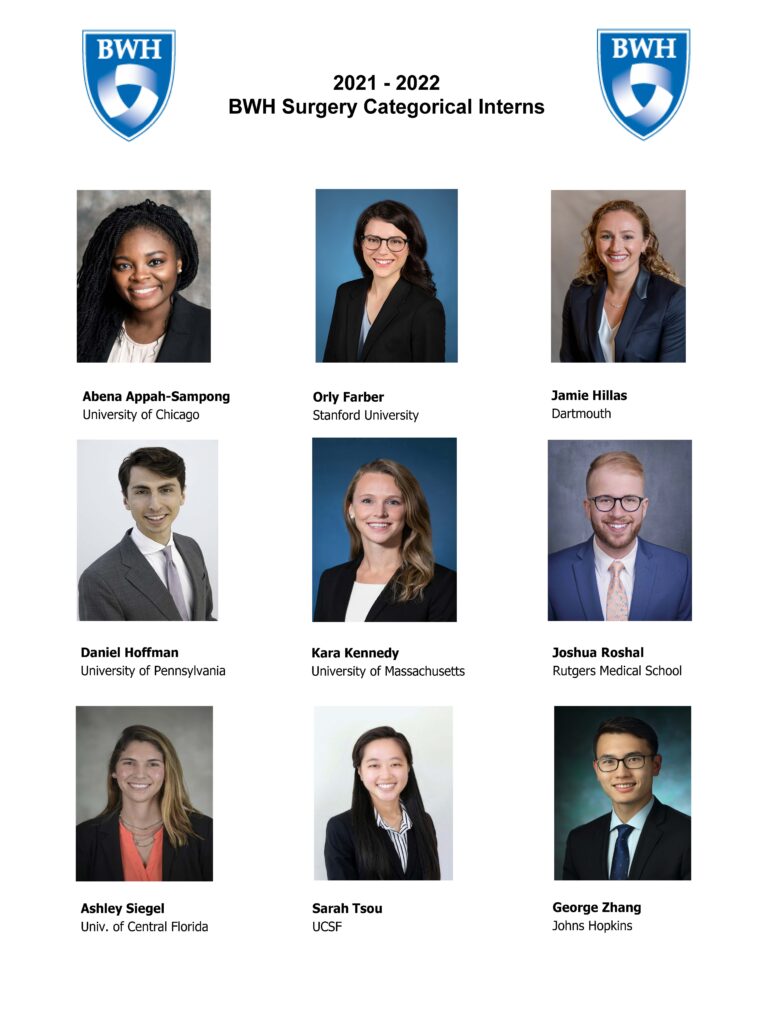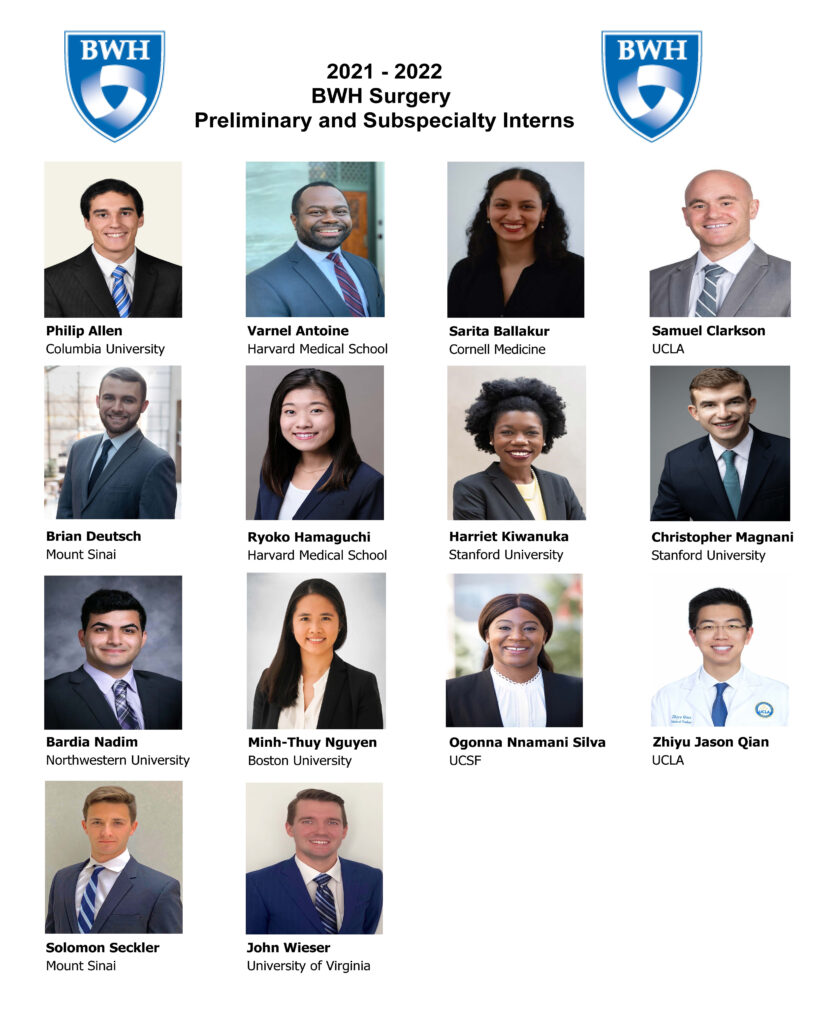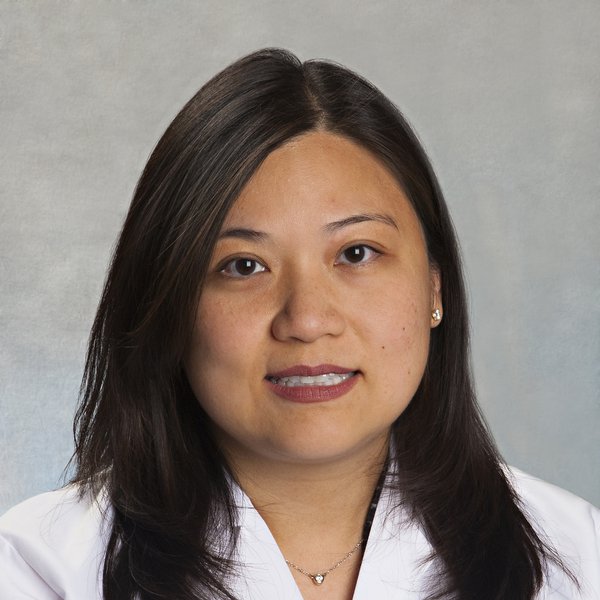In addition to her role as director of Innovation in Surgical Education, Dr. Robertson has assumed the role of clinical learning environment advocate (CLEA) in the Department of Surgery. The mission of the CLEA is to support the department’s commitment to providing a positive learning environment for all trainees—students, residents and fellows. This role is designed to serve as a neutral, third party to hear comments and feedback about the teaching and learning environment within the Department of Surgery.
The CLEA serves as a confidential resource for trainees of all levels and will be an impartial, private resource to report and seek assistance for concerns. The CLEA will be a resource to educators (program directors, faculty, residents and others in a teaching role), staff and administration to discuss and resolve learning environment concerns. The CLEA will also give trainees in small programs, such as fellowships, a place to provide feedback and relay information as appropriate to program leadership.
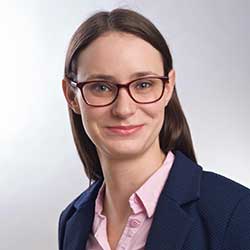
Jamie Robertson, PhD, MPH
Director, Innovation in Surgical Education, Department of Surgery, Brigham and Women’s Hospital
Clinical Learning Environment Advocate, Department of Surgery, Brigham and Women’s Hospital
Dr. Robertson earned her MPH in behavior and community health sciences and her PhD in epidemiology from the University of Pittsburgh. For the past six years she has been involved in undergraduate, graduate and continuing medical education, using her experience in the creation of curricula and assessments for learners in a variety of specialties.
Dr. Robertson is the director for Innovation in Surgical Education at the Brigham Department of Surgery. Previously, she was the director of Education at the Brigham STRATUS Center for Medical Simulation, where she oversaw the development and implementation of simulation-based education and assessment programs.
Her interests are in creating faculty development programs to promote the use of innovative teaching methodologies to improve learning and feedback for students and residents. Her funded research focuses on communication and team behavior during high-acuity, low-frequency events for teams.
